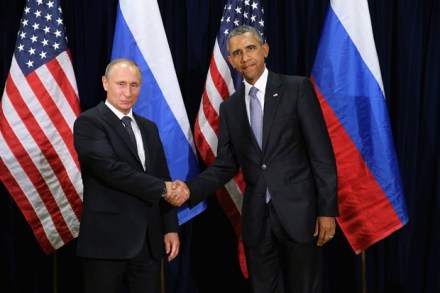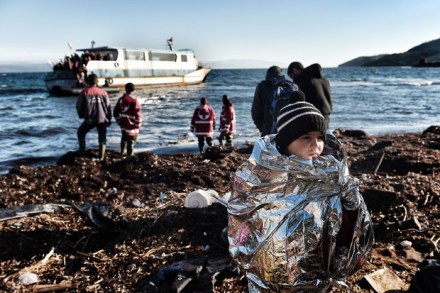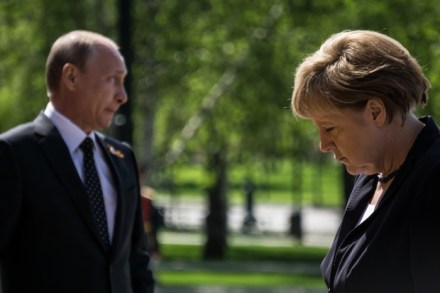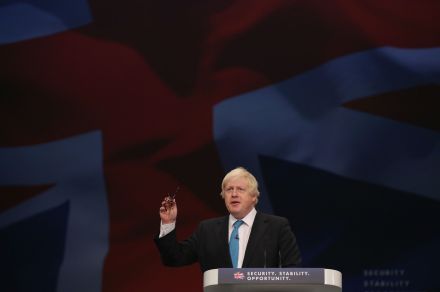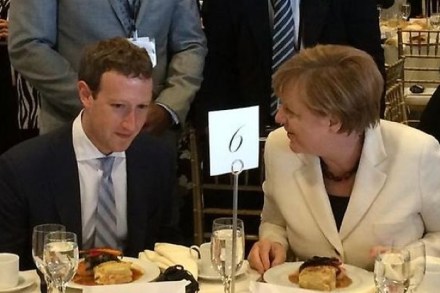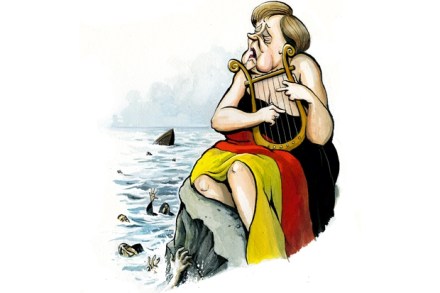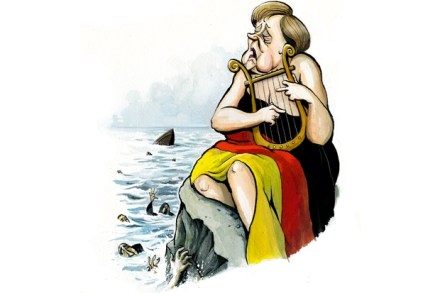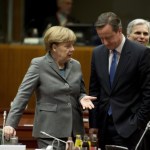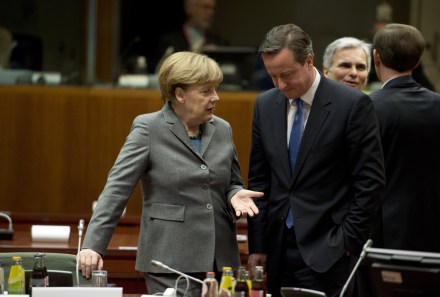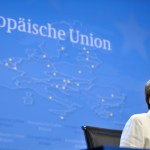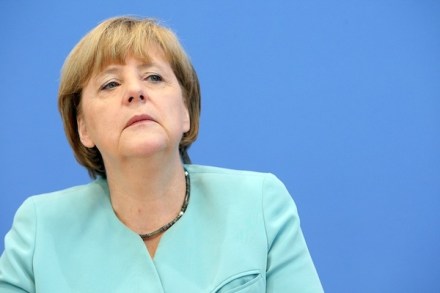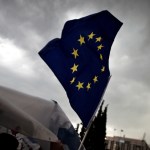Obama’s failure is Putin’s opportunity
[audioplayer src=”http://rss.acast.com/viewfrom22/parisattacksaftermath/media.mp3″ title=”James Forsyth and Ben Judah discuss whether the West should work with Putin” startat=824] Listen [/audioplayer]The principal strategic objective in the war on terror has been a failure. Ever since 9/11, the aim has been to deny terrorists sanctuary. That, after all, is why the United States and Britain went into Afghanistan — troops were sent in only after the Taliban refused to hand over the al-Qaeda leadership and shut down the terrorist training camps. But now, a large terrorist enclave exists in the very heart of the Middle East. President Obama’s reaction to this massive strategic failure has been lack-lustre. His main concern is to stress that,
